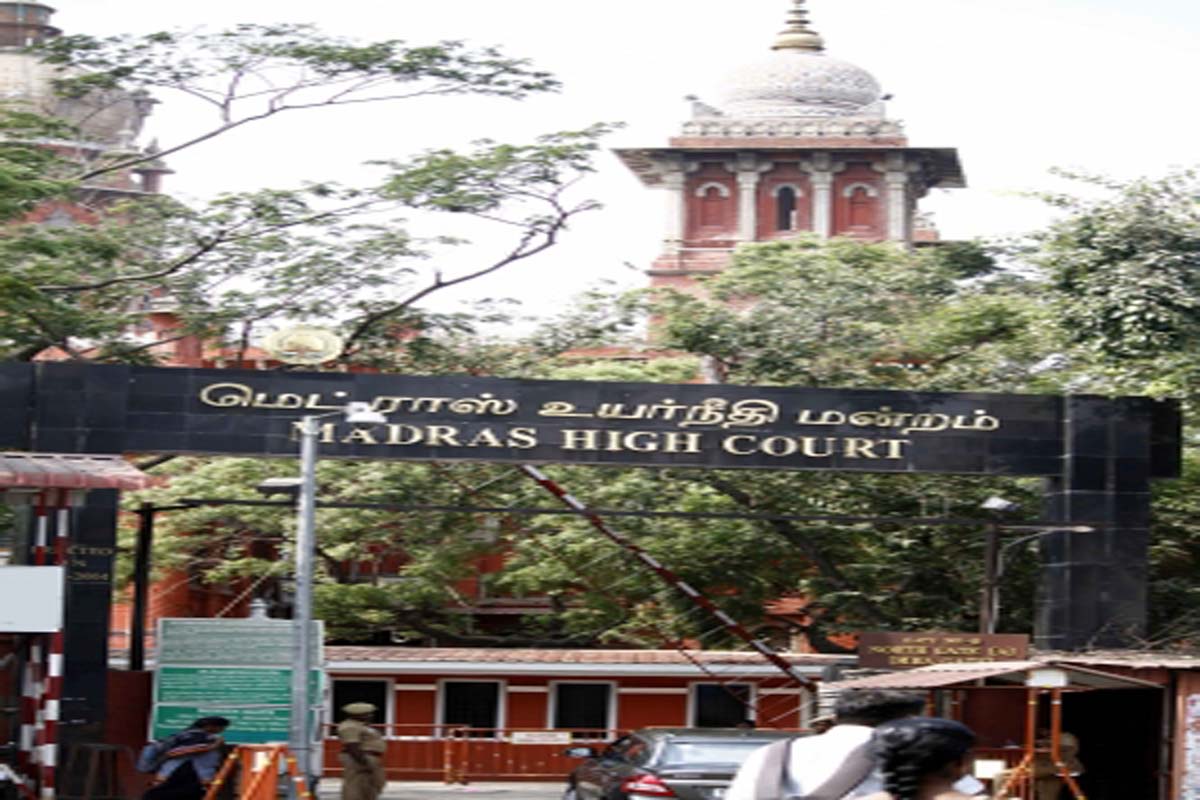The Madras High Court has issued a series of directions to the Central government for releasing the “caged parrot”, or ensuring autonomy to the Central Bureau of Investigation (CBI).
Hearing a Public Interest Litigation to transfer a case of cheating by a finance company probed by Tamil Nadu Police to the central agency, the court’s Madurai bench on Tuesday said: “Only when the CBI is given statutory status, (would) the autonomy of CBI would be ensured. Secondly, it should have a dedicated cadre of officers on its own without getting the officials on deputation.
Advertisement
“The CBI should have an autonomy as that of Comptroller and Auditor General of India, who is only accountable to Parliament.”
The court also said that the CBI Director should be vested with ex-officio powers of the Secretary to the Government of India, reporting directly to the Ministry without having to go through the Department of Personnel and Training (DoPT).
Pointing out that the Supreme Court and the High Courts entrust the CBI with the investigation of cases without the consent of the states, the court ordered that the Centre consider and take a decision for the enactment of a separate Act giving statutory status with more powers and jurisdiction to the CBI at the earliest.
It also sought that the CBI shall be made more independent like the Election Commission and the Comptroller and Auditor General of India, and a separate budgetary allocation shall be made for the agency.
The CBI Director shall be given powers as that of the Secretary to the Government and shall directly report to the Minister/Prime Minister without going through the DoPT, the Centre shall make the CBI independent with functional autonomy without administrative control of the government, the Central Forensic Science Laboratory shall have more modern facilities and should be augmented on par with the facilities available to the US Federal Bureau of Investigation, and the UK’s Scotland Yard, it added.
The court asked the DoPT to pass orders on the CBI restructuring letter dated September 9, 2020, after consulting with other departments, if necessary, within a period of six weeks from the date of receipt of a copy of this order.
It said that the CBI should file a well thought out policy within a period of six weeks from the date of receipt of a copy of this order, for permanently recruiting (i) cyber forensic experts and (ii) financial audit experts, so that all the branches/wings of the CBI should have these experts available with them and not on case to case basis.
The DoPT should clear all the pending proposals pertaining to the CBI’s infrastructure development e.g. land construction, residential accommodation, up-gradation of available technical gadgets etc., within a period of six weeks, the court said.
The CFSL attached to the CBI should clear all the pending cases as of December 31, 2020. Similarly, other FSLs should also offer their Forensic opinion pending as of December 31, 2020, within a period of six weeks from the date of receipt of a copy of this order.
The court also said that the details of cases wherein charges have not been framed by the trial courts despite the charge sheets having been filed by CBI for more than one year, should be shared by the CBI Director, with the respective Registrars General of the High Courts.
It also said that the CBI itself has stated in reply it has to work within the constraints of shortage of manpower, the CBI Director should send another detailed proposal seeking a further increase in the divisions/wings as well as strength of CBI officers to the Centre, within a period of six weeks from the date of receipt of a copy of this order, and the Centre should pass orders on this within a period of three months of its receipt.











